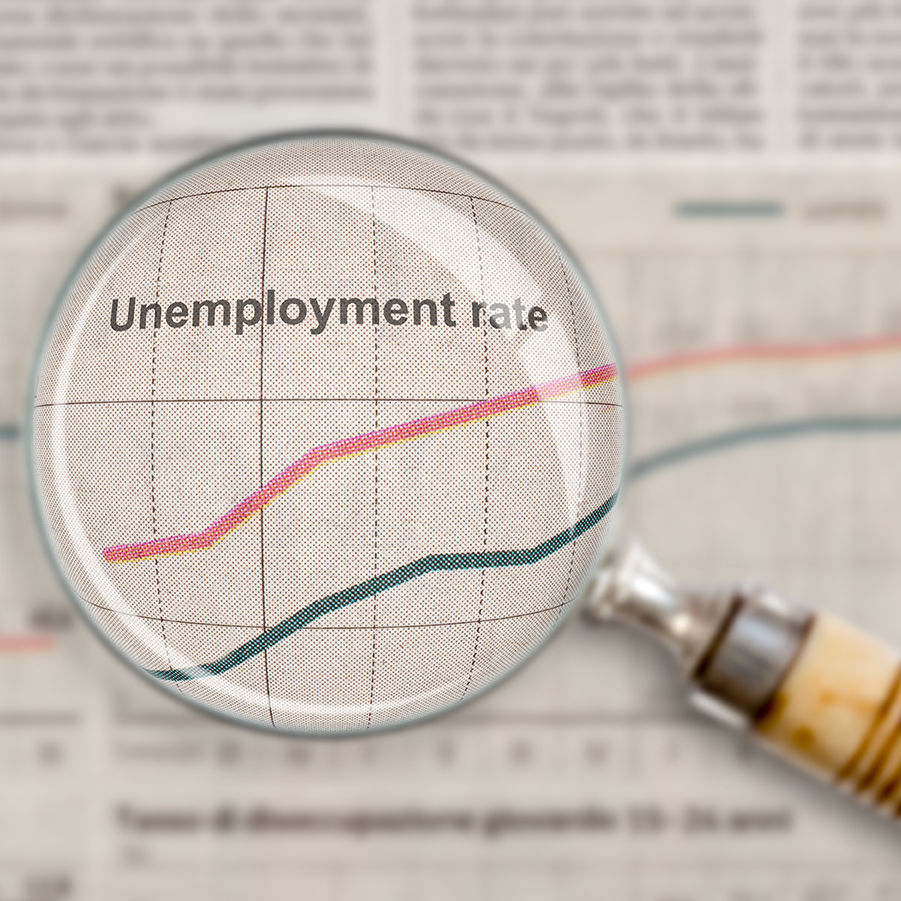Portland’s Small Business Grant Applications Are Open until April 1

Image: Courtesy Unsplash
At a press conference this morning, mayor Ted Wheeler announced the launch of the Small Business Relief Fund (SBRF) through Prosper Portland, the city’s economic development branch, to help businesses impacted by the coronavirus shutdown. The program allows qualifying businesses to apply for relief grants between $2,000 and $10,000.
“We all know this, Portland is small business town. Most people in this community are employed by small businesses and these small businesses define who we are as a city,” he said. “I want to be clear, this is just the beginning.”
Funded jointly between the city and Prosper Portland, SBRF has a total of $2 million in funds available. Half of that budget will used for emergency relief grants, while the other $1 million will be allocated for 0% interest loans. Grant applications are open only until Wednesday, April 1, with the goal of distributing funds beginning on Friday, April 10. The loan program is not yet open for applications.
“This fund is a critical stop-gap measure designed to aid the most vulnerable businesses in our community until additional funding becomes available,” said Prosper Portland economic development director Tory Campbell at the same press conference. “There are three guiding principles: applying a racial equity lens, acting quickly while leveraging existing assets and networks, and making a difference through action, partnership, and advocacy.”
The grant program aims to support up to 200 local businesses. Campbell said the city will use three criteria to prioritize applications: businesses that have been significantly impacted by public health requirements to shut down to customers; businesses owned by black, indigenous, and Asian/Pacific Islander folks as well as women; and businesses that are keeping on paid employees or continuing to pay for employee healthcare.
While some business owners lauded the SBRF, they also acknowledged that for many companies a $2K—$10K grant is a tiny Band-Aid on a gushing wound.

Inside the Betsy & Iya boutique.
Image: Courtesy Betsy & Iya
“I’m sure there are businesses in different situations than ours where that [funding] means that they can hang on for another a week or two while things get figured out. But I think the vast majority are like us where it’s not going to make a huge difference and we're going to possibly fritter away $2 million,” says Will Cervarich, co-owner of Betsy & Iya jewelry and original cofounder of citywide small business shopping weekend Little Boxes.
“The way I think we should be spending [the $2 million is for the city to] hire a bunch of full-time people whose sole job is to help connect businesses to state and federal money where you could fill out one master application and have those liaisons out there filing the sub applications on your behalf. Then you can just focus on running your business instead of doing all this research and applying for all these grants. To me, that would be a much better way to spend $2 million—hire people to guide small businesses and to do a lot of this really time-consuming bureaucratic work. It takes hours and hours and hours and hours to do this stuff.”
At fewer than 20 employees and a single retail location on NW Thurman, Betsy & Iya barely qualify for the grant, which requires businesses to have made under $2 million in revenue in 2019.
Local businesses who are neither massive corporations nor tiny businesses will have to look elsewhere for help, like in the federal stimulus package that might include aid for medium-sized businesses. Tender Loving Empire, which supports more than 700 local vendors, for instance, hit the $5 million sales mark in 2019, according to an interview in Portland Business Journal. Wildfang, while known for being a community partner with massive fundraisers for immigration rights organization and Planned Parenthood, will not make the cut, either.
“I applaud Prosper Portland. When you don’t have a big budget, you have to be hyper-focused,” says Wildfang CEO Emma Mcilroy. “My question is then how can we get the state and feds to hyper focus in aiding some of these slightly bigger companies that also make Portland Portland. What are they doing to cover the gaps that a city cannot do?”
One idea Mcilroy—who’s had to close her flagship store in Portland and lay off employees, and is still trying to find funding options to save her company—puts forth for the city’s economic relief task force is commercial rent relief.
“If the city can aid people who own retail and commercial property, it would be a huge step forward, be it property taxes or something else. If our landlord, or Salt & Straw’s or Woonwinkal’s, or Poler’s landlords, didn’t ask us to pay rent for two months because they are getting a break for two months, it would be enormous. And act like a stimulus right now.”












